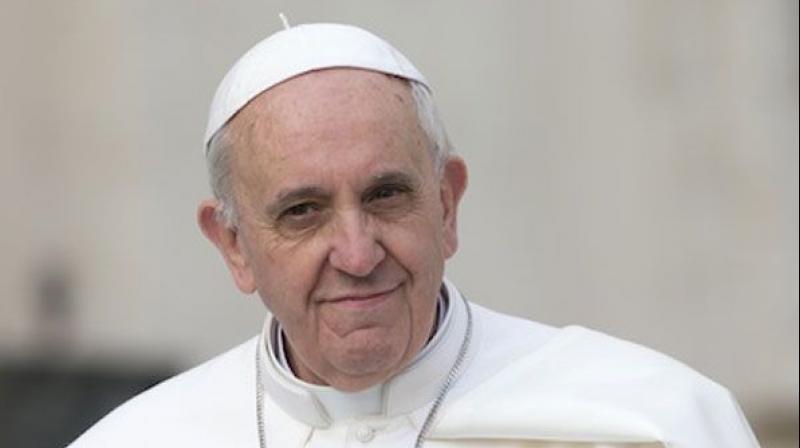Mystic Mantra: A stand on chairs

When a fussy guest was complaining to a receptionist in a hotel, he insisted on speaking to someone higher up. The receptionist calmly stood on her chair and continued talking to him! Today, while Catholics worldwide celebrate a feast called “Chair of Saint Peter”, what’s your stand on chairs — the one you’re sitting on, or others you occupy?
Unlike Protestants and Pentecostals, Catholics believe that Christ chose one of his disciples, Peter, to lead his newly-founded community, the Church. This belief is based on what Jesus said to Peter in the Gospel of Matthew: “You are Peter and on this rock I will build my church.” This has led to a lineage of popes down the ages, Pope Francis being the 266th one.
Chair — from the Latin “cathedra” — symbolises the authority invested in a person. Thus, when a pope speaks “ex cathedra”, literally, “from the chair”, on issues of faith and morals, his teaching is taken to be definitive. Visitors to Saint Peter’s Basilica, Rome, will see high up behind the altar, a chair believed to be used by Peter, now embellished with ivory panels and enclosed in a bronze casing designed by the famous artist, Bernini.
Biblical imagery of a chair, a seat or a throne signifies honour, authority and reverence. God is said to be “seated on high” on a throne in heaven, and human intermediaries of governance like patriarchs, judges and kings are supposed to occupy seats on earth corresponding to their assigned roles and responsibilities. Moreover, when someone “takes a seat” it refers not only to one’s social standing but also to one’s character.
The Ramayana has a touching episode when Bharata refuses to sit on the throne in place of Lord Ram and instead places Ram’s paduka on the throne as a sign that he was governing only as an envoy of the true king, Ram.
As much as ascending the throne is an honour, vacating it is difficult. Indeed, it’s now exactly six years since Emeritus-Pope Benedict XVI stepped down from the papal chair and Pope Francis was chosen to occupy it.
Today, we have politicians, professors, pastors and priests occupying seats and chairs of all hues, invested with all honours. It might help to ask: What chair do I sit upon? Why? What powers and privileges come with my chair? What responsibilities does it place on my shoulders? Do I do honour to my chair?
Pope Francis who now sits upon Peter’s chair is an exemplary model of servant-leadership. He has washed the feet of people in imitation of Christ, and addresses issues that affect the world’s poor and mother earth. May leaders like him inspire us to stand out even when seated upon powerful chairs!

